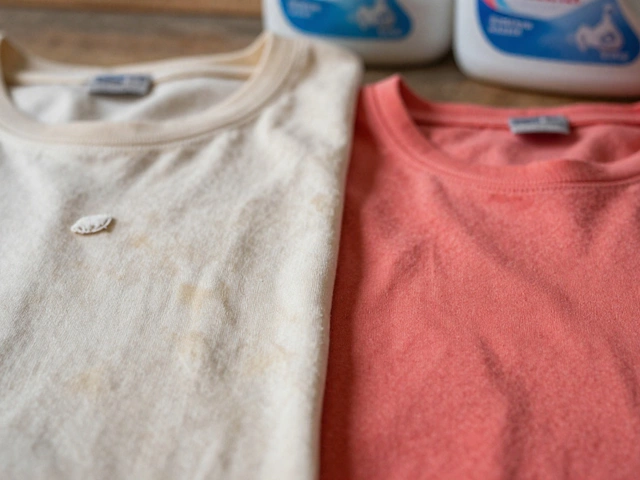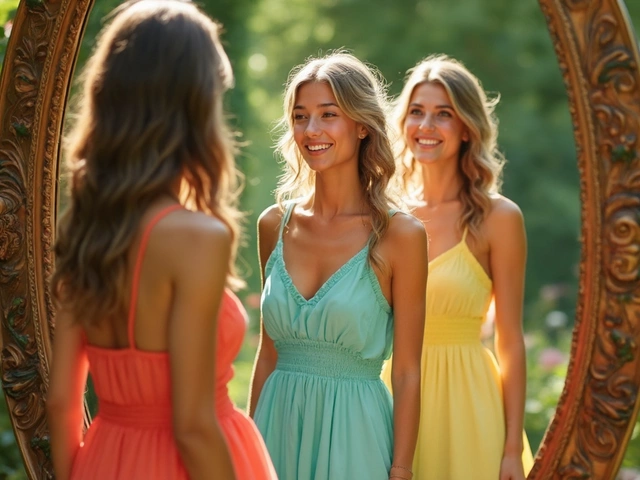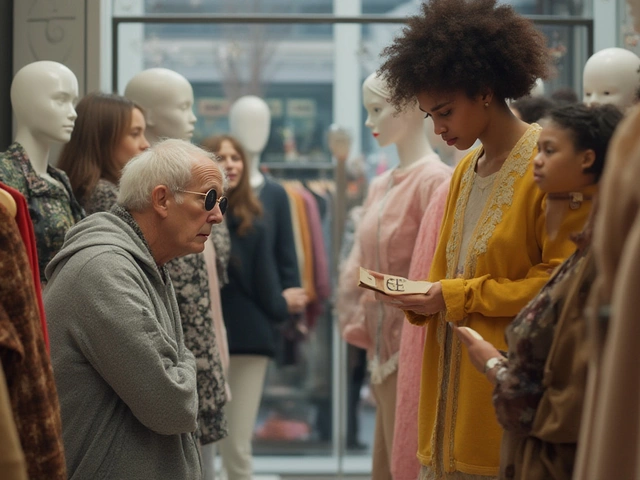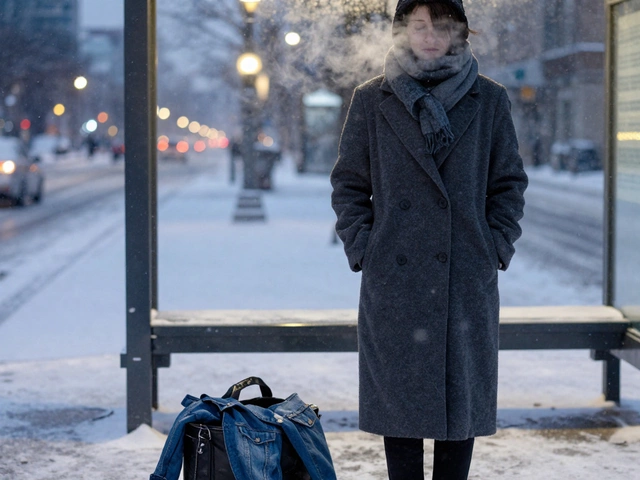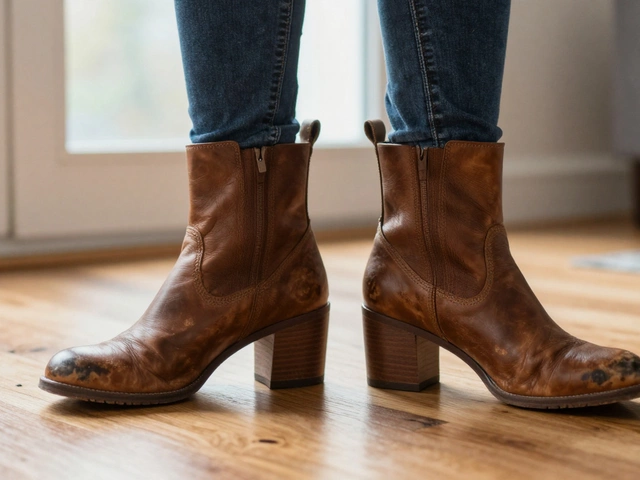Slippers Meaning Explained: What Your Slippers Say About You
If you slip on a pair of house shoes every evening, you might not realize they’re saying something about your habits, comfort level, and even culture. Knowing the meaning behind various slipper styles helps you pick the right pair and understand why you feel good in them.
Most people think slippers are just soft shoes for the floor, but they actually echo a lot of personal choices. The material you choose, the design, and the way you treat them all give clues about what you value – whether it’s warmth, style, or easy cleanup.
Common Types and Their Meanings
Traditional indoor slippers made of soft fabric or fleece usually signal a focus on coziness. If you love fluffy slippers, you probably enjoy unwinding after a long day and want a gentle feel against your skin.
Leather or woven leather slippers point to durability and a hint of outdoor readiness. People who wear them often like a shoe that can handle a quick step outside the door without losing its shape.
Wool or knit slippers are all about warmth. They’re a favorite in cooler climates because the material keeps feet snug while still letting the skin breathe.
In some cultures the name itself carries meaning. In Mexico, the word chancla isn’t just a slipper; it’s a symbol of family authority and casual comfort. In China, “hanfu shoes” or traditional cloth slippers link back to historic dress and modern street style.
Design details add extra layers. A simple slip‑on with no backside shows you prioritize speed – you want to throw them on and go. A pair with a closed back or adjustable strap suggests you care about a secure fit and possibly need extra foot support.
How to Choose Slippers That Match Your Lifestyle
First, think about where you’ll wear them most. If they stay inside, prioritize soft soles that won’t scratch floors. For occasional trips to the mailbox, a rubber‑filled sole gives grip without feeling clunky.
Fit matters more than style. A well‑fitting slipper should leave a thumb’s width of space at the toe. Too tight can cause numbness, while too loose makes you trip.
Foot health is another factor. If you have arch problems, look for slippers with a built‑in arch support or a removable insole you can swap for a custom orthotic.
Material choice should match your climate. In damp places, moisture‑wicking fabrics keep feet dry. In dry, cold rooms, fleece or sheepskin adds insulation.
Finally, consider the vibe you want to project. A sleek leather pair can double as a casual outdoor shoe, while a bright, patterned fabric slipper adds a pop of personality to a relaxed evening.
Understanding the meaning behind slipper choices helps you get the most out of each pair. Whether you’re after pure comfort, a cultural statement, or a practical indoor shoe, the right slippers can boost your daily routine and keep your feet happy.
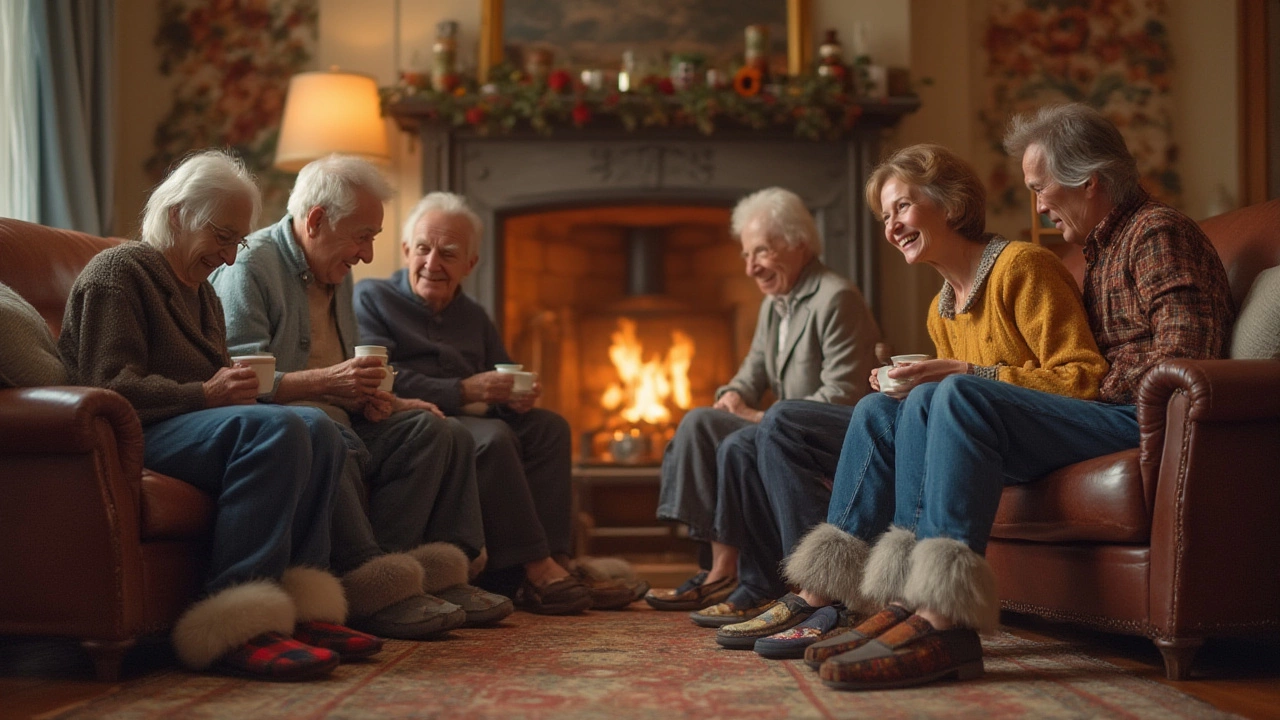
What Americans Really Call Slippers: Slippers, House Shoes, and More Explained
Learn what Americans call slippers, how the term varies by region, what's considered a slipper versus a house shoe, and fun facts about this cozy footwear.
